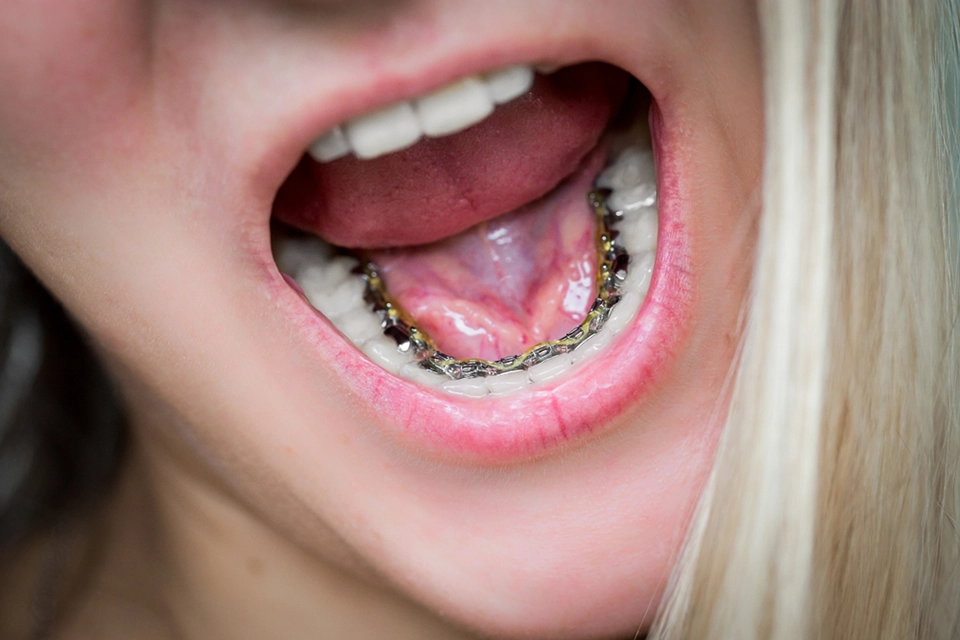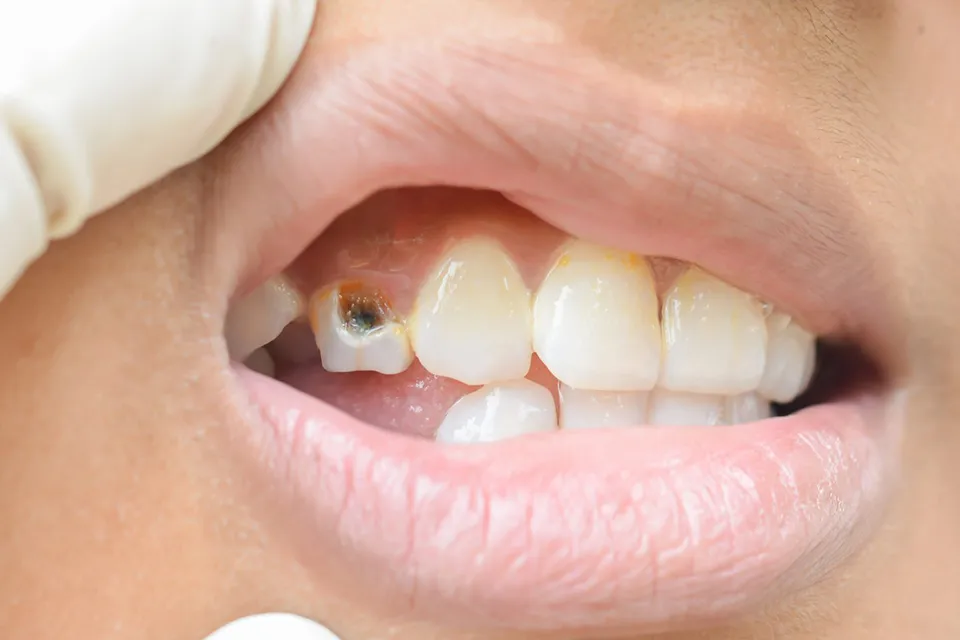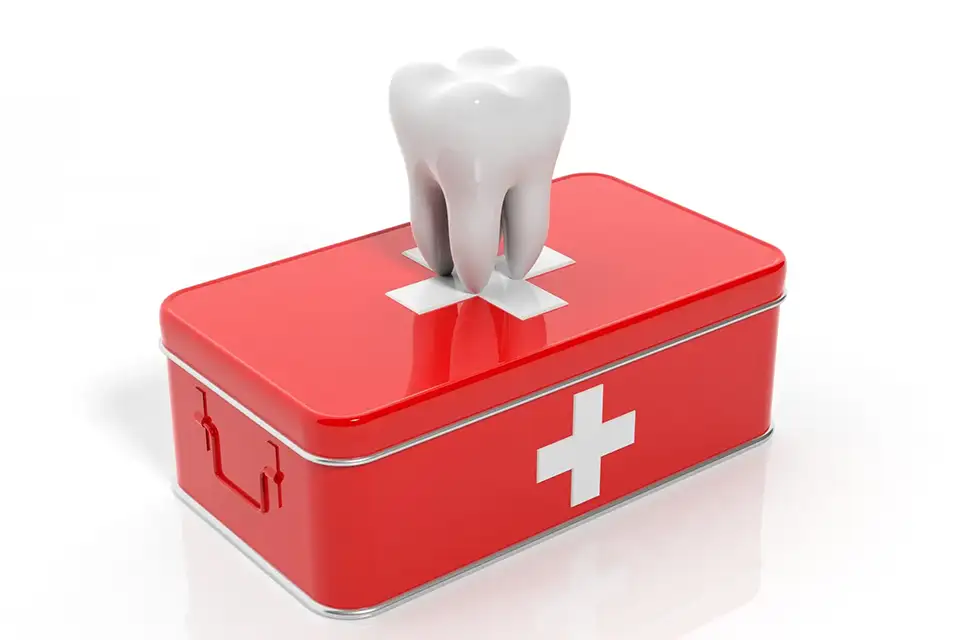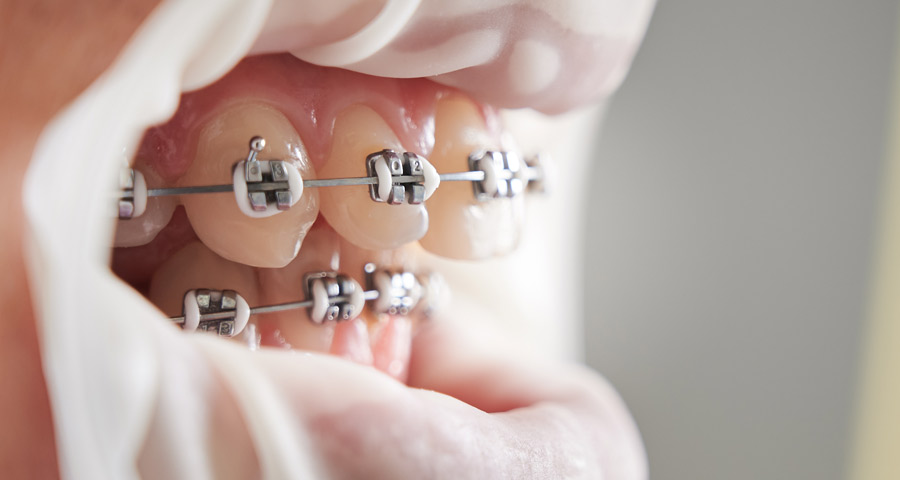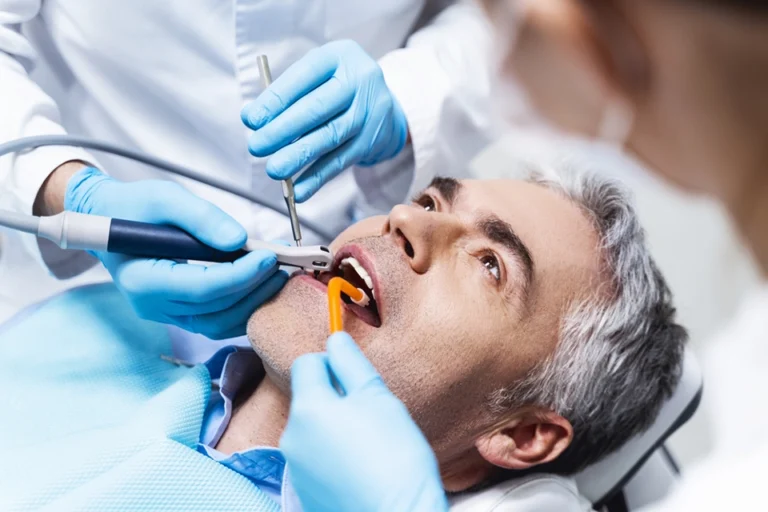A great smile and a healthy mouth are imperative for both your confidence and your overall health. If straighter teeth are your chief concern, seeing an orthodontist can help you achieve your desired smile. In this Orthodontics FAQs, learning more about what an orthodontist can help you with and getting the facts and these treatments helps to ensure that you make the right choices for your dental health.
Orthodontics FAQs
What is Orthodontic Treatment?
Orthodontics refers to moving or straightening your teeth to improve their function and appearance. This type of treatment can also help you to maintain the long-term health of your gums, teeth and jaws by ensuring that your biting pressure is spread evenly across all of your teeth. We hope you find this Orthodontics FAQs useful.
What Are Orthodontic Services?
There are several services that your orthodontist might choose to help with teeth and jaw issues. The five primary services include:
- Clear aligners
- Wire braces
- Ceramic braces
- Lingual braces
- Surgical treatments
Surgical treatments are generally for jaw issues. In the most severe of cases, this could include correcting the jaw’s position by breaking and resetting it.
If you need dental work, it is important to know the difference between a dentist and an orthodontist so that you choose the right provider for the services that you require. In general, orthodontists have more training to ensure expertise in aligning your teeth compared to a traditional dentist. So, if you need services, such as braces, you want to see an orthodontist.
How Much Does Orthodontics Cost?
There are different price points for the various treatments that an orthodontist performs. The following look at average costs:
- Traditional metal braces: $4,937
- Ceramic braces: $4,572
- Lingual braces: $9,000
- Clear aligners: $5,000
Surgical treatments vary greatly in price and will depend on the work that your dentist needs to perform. Prior to any orthodontic treatment, you should consult with your insurance company to see how much of the services they will cover. Depending on your coverage, they may cover at least a portion so that you have to put up less out of pocket.
Does Medicaid Cover Orthodontics?
In most cases, Medicaid will cover orthodontic treatments. This is true for both adults and children. However, when it comes to Invisalign vs braces, the coverage usually works for traditional metal braces and not Invisalign or the more expensive options.
You should make a consultation appointment with your dentist and they will help you to determine your need for orthodontics. From here, they can help you to work with Medicaid to see how much of the costs they will help you cover. Patients can also contact their local Medicaid office to inquire about coverage limits.

Is Invisalign Considered Orthodontics?
Yes, they are a type of braces, so they fall under the category of orthodontics.
Are Braces Considered Orthodontics?
Braces are the primary reason that people see an orthodontist. There are different types that you can discuss with your orthodontist to determine which will be the best to straighten your teeth.
Orthodontics FAQs – Is Orthodontic Treatment Necessary?
When you have a proper bite, it is easier to chew, speak and bite. With misaligned teeth, it can cause your tooth enamel to wear down abnormally and make it harder to keep your teeth clean. The following indicate that you may need to see an orthodontist:
- Losing baby teeth late or early
- Mouth breathing
- Misplaced, blocked out or crowded teeth
- Speech difficulties
- Protruding teeth
- Facial asymmetry or imbalance
- Trouble biting or chewing
- Oral habits, such as sucking on fingers
- The jaw recesses, protrudes or makes abnormal sounds
- You cannot close your lips comfortably
- Biting the roof of your mouth or cheeks
- Clenching or grinding your teeth
- Your teeth do not meet or they meet abnormally
Can You Get Dental Work Done with Braces?
Your dentist can still perform routine cleanings and exams when you have braces. This is very important to keep your teeth clean and healthy. Minor procedures, such as fixing a surface cavity, are also possible when you have braces.
How Much Do Dental Braces Cost?
Dental braces range from $4,000 to $9,000. The type that you choose ultimately determine the cost. Once your orthodontist examines your teeth, they can help you decide which types of braces are ideal for you.
Who Invented Dental Braces?
It was 1819 when the first patient received dental braces. The creator was Christophe-Francois Delabarre. In 1843, Dr. Edward Maynard added elastics to braces. At this point they were similar to the metal braces that you see today and the elastics improved jaw alignment.
Can You Get Braces with Dental Implants?
Dental implants and braces are not mutually exclusive. However, it is important to remember that there is a fusion between your jawbone and the titanium anchor of the implant, so your implants will not move with braces. If you have natural teeth that do need better alignment though, your orthodontist might recommend braces to help with them.
What Are Dental Braces Made Of?
The materials will depend on the type of braces that you get. Here are the usual materials:
- The metal brackets of braces generally consist of stainless steel
- Clear, plastic aligners usually consist of polypropylene plastic. This is the material that makes up Invisalign
- The modern wires of metal braces that you see today typically use the following metals: stainless steel, molybdenum, traces of rare metals, nickel titanium or copper
What Are the Different Dental Braces Color Options?
When you get braces, most dentists let you look at what resembles a paint color wheel. This allows you to choose your favorite color in a wide variety of shades. Tightening of your wires will happen at every appointment and at this time you can ask your orthodontist to swap out the colors if you want to make a change. You should also consider the following:
- Go with darker colors if you eat a lot of berries or drink dark drinks
- You should also consider your complexion and choose a hue that complements it
- If you want to make your teeth appear whiter, choose darker braces
How to Care for My Dental Braces?
To care for your braces, the first step is to be mindful of what you eat. Limit the following:
- Chewy foods
- Sticky foods
- Foods you have to take a hard bite into
- Crunchy foods
- Hard candies and foods
It is not uncommon for a band or wire to loosen when you have braces. Call your orthodontist to fix the issue as soon as possible. In the meantime, you can use wax to prevent mouth irritation.
The toothbrush that you use should have soft bristles to clean without damaging your braces. If you have Invisalign, make sure to follow all care instructions that come with them, especially when it comes to cleaning them and how long you can leave them off to eat.
What is the Average Cost of Braces in Houston, Texas?
In Houston, expect to pay an average of $5,000 for braces. Metal braces are generally the least expensive and Invisalign and ceramic braces are usually pricier.
What Are the Differences Between Invisalign vs Braces?
If you have significant teeth misalignment, traditional braces are the better choice since Invisalign may have a hard time gripping teeth that are misshapen or cylindrical. On the other hand, if you find it hard to clean your teeth, Invisalign are ideal since you can remove them completely for oral hygiene.
Do I Need Braces?
Do I need braces? If you have issues with tooth alignment, this is a question you might need to consider. The following indicate that you may need braces:
- There is a visible crowding or crookedness of your teeth
- You bite your tongue often
- It is hard to pronounce certain sounds because of the positioning of your tongue
- When you are chewing food, you notice fatigue or stress on your jawline
- It is hard to brush or floss around crooked teeth
- When resting your mouth, your teeth do not properly go over each other
- First thing in the morning or when you chew, your jaw starts to click
How Do You Fix a Misaligned Jaw?
To fix a misaligned jaw, braces are the standard treatment. A misaligned jaw means that there is improper alignment of the bottom and top teeth. This can negatively affect your dental health and cause varying degrees of pain. Other possible issues associated with a misaligned jaw include:
- Pain and stiffness when chewing
- When lying on the side with your misaligned jaw, the pressure and discomfort may keep you up at night
- Your jaw can hurt even when you are not moving it
- You could experience issues with speech, such as not being able to enunciate certain words
- Even when you do not have nasal congestion, it might be hard to breathe through your mouth
How do You Avoid Cavities with Braces?
There are several preventative steps that you can take to avoid cavities with braces. This is important because keeping your teeth clean when you have braces is a bit harder. Use the following methods:
- Brush your teeth after every meal so that food cannot sit between your teeth and braces
- Use an interdental toothbrush and a waterpik as part of your oral hygiene routine
- Floss every day using floss threaders
- Avoid hard and sticky foods because they often stick between your braces
- After brushing, rinse your mouth with a fluoride rinse
- See your dentist regularly for checkups
Is There an Alternative to Invisalign?
There are various clear teeth aligners on the market, but only one is also available at your dentist’s office as an alternative to Invisalign. It is ClearCorrect. When it comes to ClearCorrect and Invisalign, the overall function, look and cost are mostly the same. The primary differences are the materials which makes ClearCorrect a bit thinner. Invisalign uses a thermoplastic material and ClearCorrect uses a polyurethane material.
With the answers to these questions, it will be much easier to determine the type of dental work that you require. It also ensures that you have the information that you need to make the best decision for your oral health. To learn more about how an orthodontist can help you to reach your dental goes, contact Zara Dental today to schedule your consultation.



